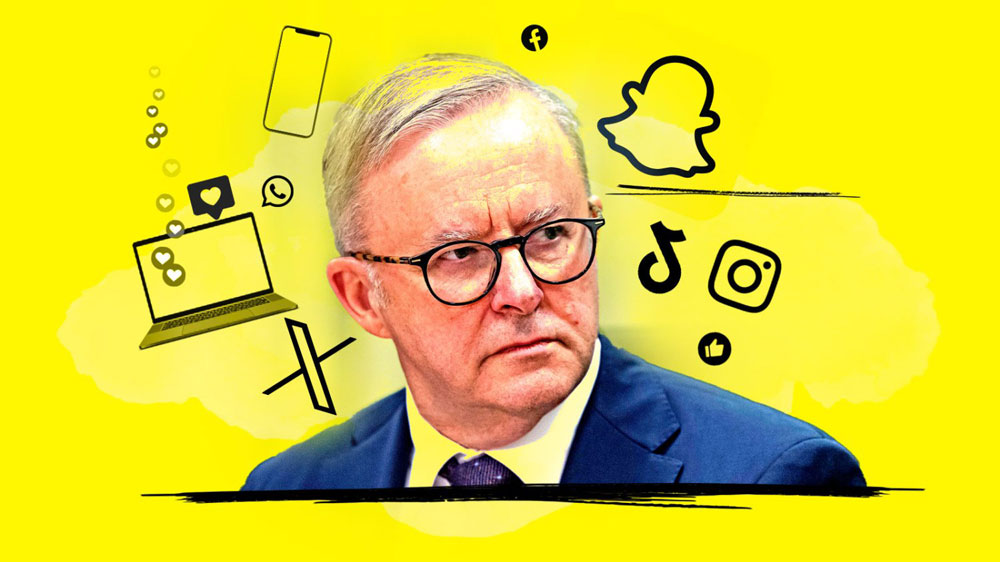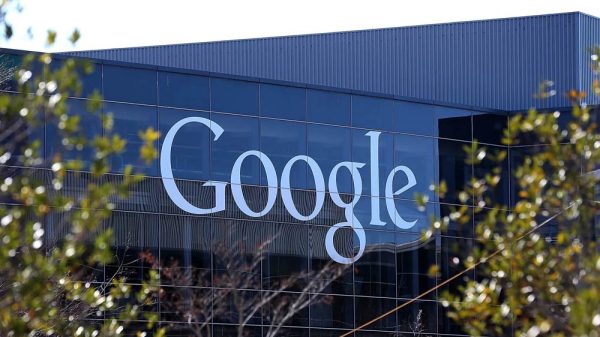Australia has announced a groundbreaking proposal to ban social media access for children under the age of 16. Prime Minister Anthony Albanese revealed that the government plans to legislate this ban, aiming to protect young individuals from the potential harms of excessive social media use.
Addressing Mental and Physical Health Risks
The government cites concerns over the negative impact of social media on children’s mental and physical health. Albanese highlighted issues such as harmful body image depictions and misogynistic content as significant risks, especially for teenagers navigating critical developmental stages.
Implementation and Support
The legislation is set to be introduced this year, with the ban potentially taking effect by the end of the following year. Notably, the opposition Liberal Party has expressed support for the initiative, emphasizing its bipartisan appeal.
Age-Verification System
Australia is exploring an age-verification system to enforce the ban effectively. This system aims to prevent children from accessing social media platforms, placing the responsibility on these platforms to ensure compliance.
No Parental Exemptions
The proposed ban includes no exemptions for children with parental consent or those with existing accounts. This approach contrasts with other countries like France, where similar bans allow parental consent as a workaround.
Platforms Affected
Key social media platforms that would be impacted include Meta’s Instagram and Facebook, Bytedance’s TikTok, and Elon Musk’s X. Alphabet’s YouTube is also likely to be included within the scope of the legislation.
Global Context
While several countries have taken steps to regulate children’s social media use, Australia’s proposal stands out for its strictness. In the U.S., for instance, parental consent is required for data access for children under 13, leading platforms to restrict access for this age group.











